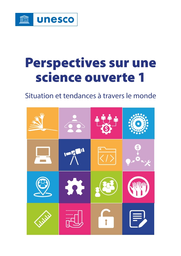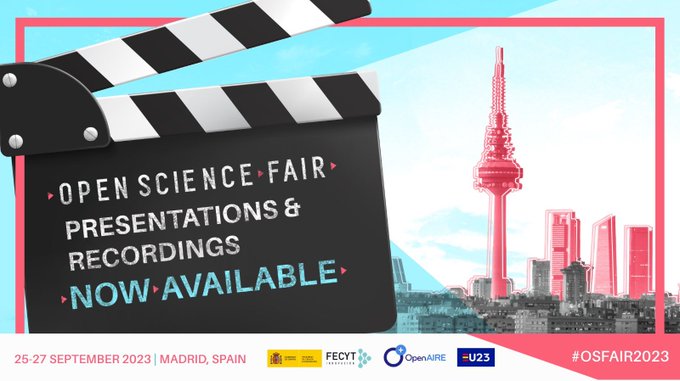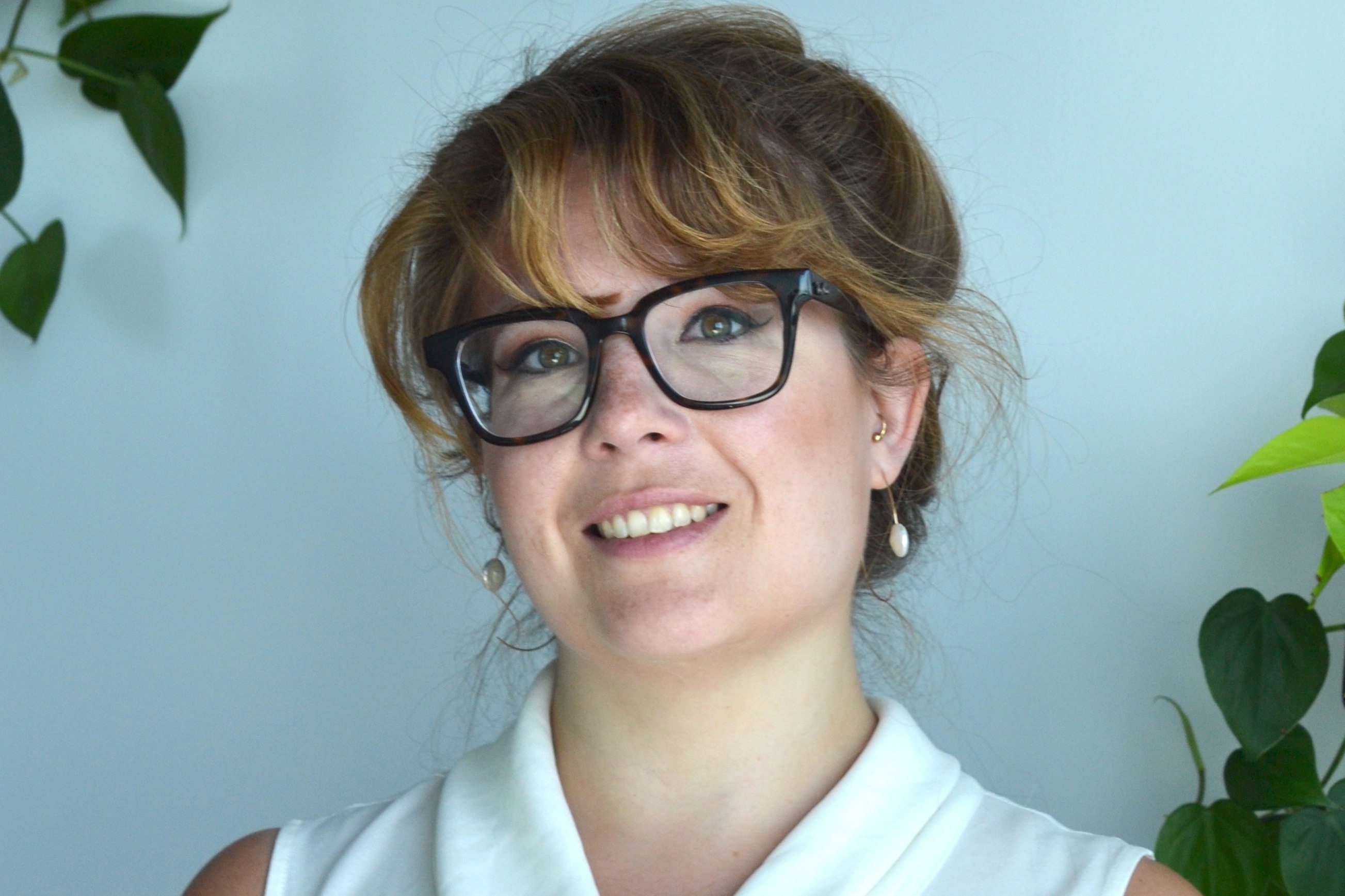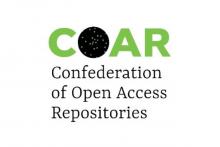Evaluation de la situation de la science ouverte : l’UNESCO publie un rapport

L’UNESCO publie un nouveau rapport Perspectives sur une science ouverte 1 : situation et tendances à travers le monde. Cette publication est une initiative d’évaluation de la situation de la science ouverte à l’échelle mondiale, conformément à la Recommandation de l’UNESCO sur une science ouverte de 2021. L’UNESCO met également à disposition la Boite à outils de l’UNESCO sur la science ouverte. Celle-ci propose une collection de ressources (guides, notes de synthèse, fiches et répertoires) conçue pour appuyer la mise en œuvre de sa Recommandation.





